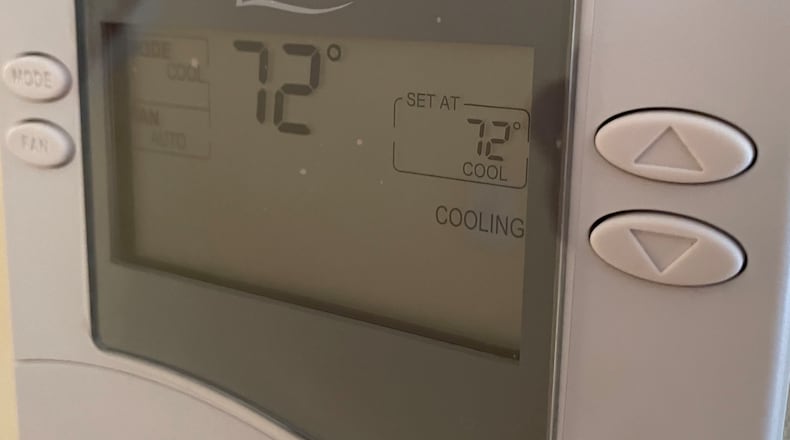“I think council is looking at it as an option to give residents because the inflation on utility bills have been pretty significant this year,” Riverside City Manager Joshua Rauch said.
Inflation, natural gas cost increases, supply chain problems and other factors, like growing post-pandemic demand for power, are all factors.
Asking voters to decide on utilities is one way local municipalities have sought to avoid higher utility rates in recent years.
The Ohio Revised Code grants jurisdictions the authority to pool the buying power of residents and small businesses to negotiate for favorable rates for electricity or natural gas, records show.
Trotwood and Vandalia both approved similar measures in July. More recently, Dayton officials urged residents to look into whether they would save money by joining the city’s aggregation program.
Aug. 10 is the deadline for local jurisdictions to file to place an issue on the Nov. 8 ballot, according to the Ohio Secretary of State’s Office.
The city “is interested in making sure voters have the option to decide what’s best for them in terms of how to buy power,” Rauch said. “If voters decide it’s something they want, we’re happy as the city to work to develop a robust program … It’s just a matter of preference.”
Competitive rates are available, said Barbara Bossart, chief of the reliability and service analysis division at the Public Utilities Commission of Ohio.
Rauch said Riverside will submit ballot language to the Montgomery County Board of Elections for approval.
If residents voted in favor of either program, Rauch said the city would choose a broker to negotiate prices. Riverside’s legal counsel has said the process to create a program would likely take anywhere from six to 18 months, Rauch said.
About the Author

